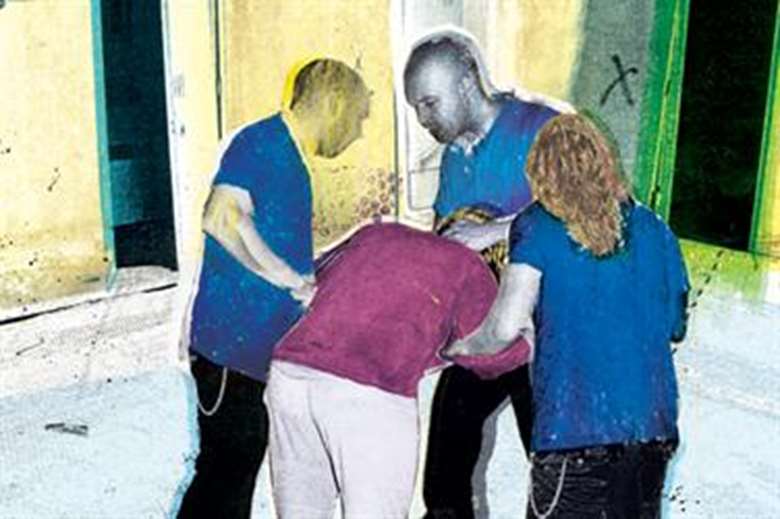Report criticises progress on youth custody restraint
Neil Puffett
Monday, June 20, 2016
Too little progress is being made to reduce the use of restraint in youth custody, it has been claimed.

A report published today by the Howard League for Penal Reform, which looks at what progress has been made since an independent inquiry chaired by Lord Carlile into the use of restraint, solitary confinement and strip-searching was published in 2006, found that although the number of boys and girls in custody has fallen in the last five years, the rate of restraint has more than doubled.
The Carlile Inquiry 10 Years On, found that, in total, children have suffered 4,350 injuries in the last five years while being restrained.
The original inquiry followed the deaths of two boys in secure training centres - 15-year-old Gareth Myatt who died while being restrained in G4S-run Rainsbrook secure training centre, Northamptonshire, and 14-year-old Adam Rickwood who was found hanging in his cell after being restrained in Serco-run Hassockfield secure training centre, in County Durham.
Lord Carlile's team recommended that restraint should never be used as a punishment or to secure compliance. But the latest report highlights examples where painful restraint has been used to secure compliance in young offender institutions.
It also claims that more than a third of all approved restraint "techniques" that can be used on children involve force that causes the deliberate infliction of pain.
Lord Carlile said: "I am very pleased that, as a result of my report and thanks to tireless campaigning by the Howard League, children in custody are no longer routinely strip-searched.
"It shows that change for the better can happen. We now need the Ministry of Justice to go further. It is time that the government recognises that the use of force on children, simply to make them do what they are told, is both unacceptable and unlawful.
"A healthy response to children in trouble with the law, which has their welfare at its heart, would recognise this use of violence by adults as an admission of failure."
Frances Crook, chief executive of the Howard League for Penal Reform, said: "There is much to celebrate in the story of children in conflict with the law because the numbers are significantly reduced, but still children in custody are mistreated, abused, and suffer a punishing regime.
"I fear that the government will attempt to invent new forms of child custody that might simply replicate the abusive regimes of the past 20 years."
The Ministry of Justice said restraint and segregation should only be used as a "last resort".
"We are clear that if restraint is absolutely necessary, it must be used within the parameters of the law, and comply with strict safeguards," a spokesman said.
"We have also introduced a new system designed to minimise the use of physical restraint in youth custody and we are committed to improving practice further."




